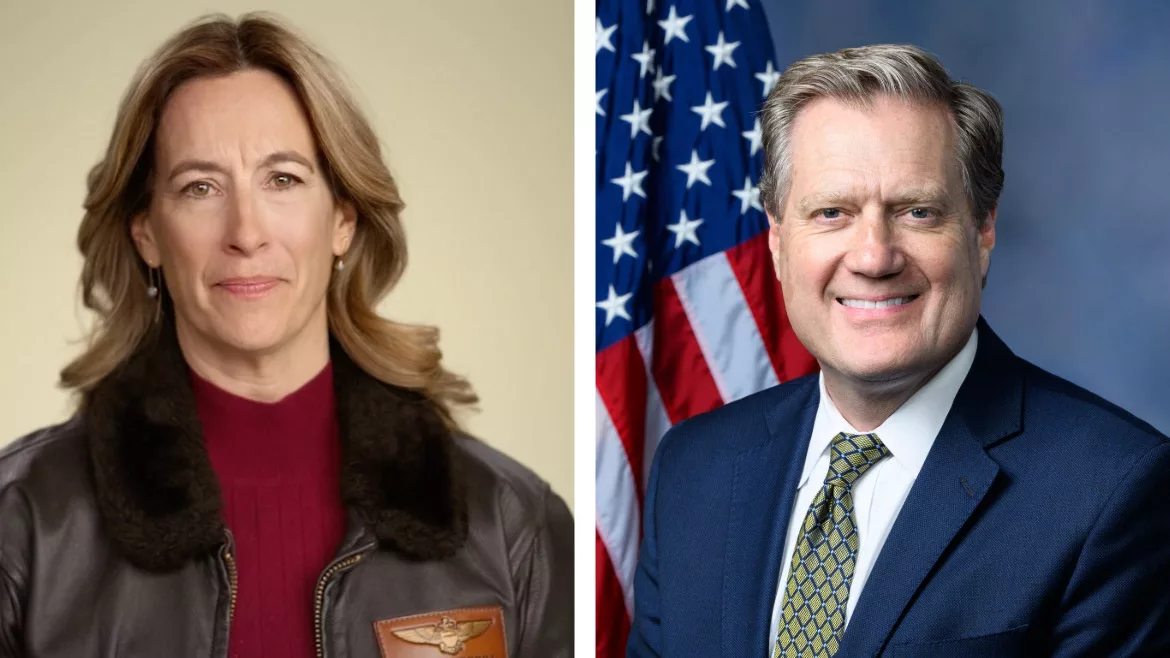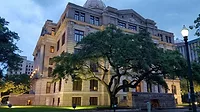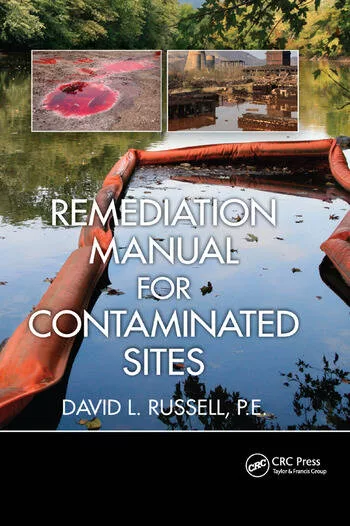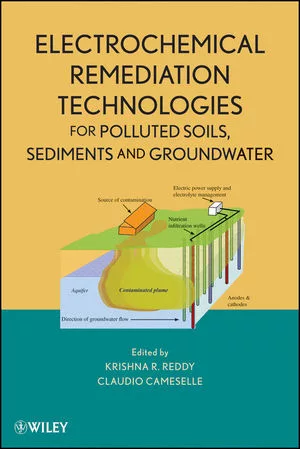Bipartisan Bill Aims to Revive Tax Incentives for Brownfield Cleanup
Renewed push to restore expired tax deductions for transforming contaminated sites into business opportunities

LEGISLATE: Representatives Mikie Sherrill (D-NJ) and Mike Turner (R-OH) are cosponsors on legislation which Rep. Sherrill has previously introduced in the 116th, 117th, and 118th Congresses.
Source: U.S. House of Representatives
Representatives Mikie Sherrill (D-NJ-11) and Mike Turner (R-OH-10) have introduced new legislation aimed at transforming contaminated properties into economic opportunities through tax incentives. The Brownfields Redevelopment Tax Incentive Reauthorization Act would provide financial motivation for cleaning up and repurposing brownfield sites across the nation.
The initiative comes at a critical time, with an estimated 450,000 brownfields scattered throughout the country. These contaminated sites, often former industrial properties, represent both environmental challenges and untapped economic potential for local communities. Rep. Sherrill has previously introduced this legislation in the 116th, 117th, and 118th Congresses.
"Remediating brownfields just makes sense: we can clean up toxic chemicals and waste from our groundwater, help mitigate flooding, and transform these currently unused spaces into economic opportunities for businesses to invest in our communities," said Rep. Sherrill, who has previously secured federal funds for similar projects in her district.
The legislation seeks to reinstate a tax incentive that expired in 2012, which originally passed as part of the 1997 Taxpayer Relief Act. Under the previous program, taxpayers could deduct cleanup expenses if the property was used for trade, business, or income production.
Rep. Turner, drawing from his previous experience as Mayor of Dayton, highlighted a success story from his own district. "As Mayor of Dayton, I helped turn a brownfield into Day Air Ballpark, home to the Dayton Dragons, who have inspired and entertained families every summer since 2000, while also fueling new development in the core of our city," he said.
Environmental and development experts have voiced strong support for the legislation. Jean Hamerman, Executive Director of the Center for Creative Land Recycling, described the bill as "a win-win-win for government, developers, and American citizens alike," noting it would invigorate local economies while creating cleaner, safer neighborhoods.
Lee Ilan, from the National Brownfields Coalition Steering Committee and New York City Mayor's Office of Environmental Remediation, emphasized the practical benefits: "This powerful tax deduction is a robust promotion of brownfield cleanup and development. It's straightforward and encourages developers to invest in more projects across the country."
The bill represents another step in Rep. Sherrill's broader Expanding Economic Opportunities in New Jersey Agenda, aimed at job creation and economic development in the Garden State. Katharine Burgess, Vice President of Land Use and Development at Smart Growth America, praised the initiative, calling it "a proven tool that will reduce the costs of brownfield cleanup and redevelopment, presenting a key opportunity to turn contaminated, underutilized sites into economic engines and vibrant community assets."
For New Jersey, which has more superfund sites than any other state, the legislation could have particular significance. Rep. Sherrill has already secured millions in federal funding for environmental remediation projects, including PFAS contamination cleanup and lead drinking water pipe replacement in her district.





